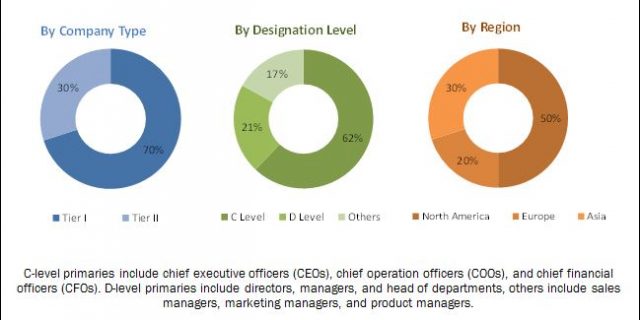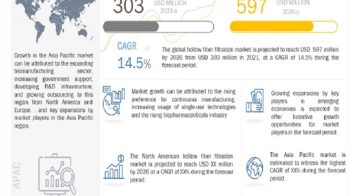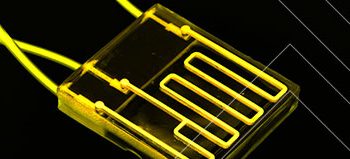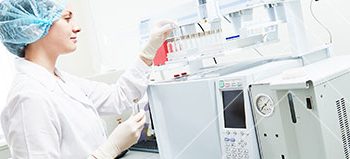
The report “Microbial Identification Market by Product & Service (Instruments, Consumables, Identification Services), Method (Phenotypic, Proteomics-based, Genotypic), Application (Pharmaceutical, Diagnostic, Environmental, Food), End User – Global Forecast to 2022″, The microbial identification market is expected to reach USD 3.00 Billion by 2022 from USD 2.18 Billion in 2017, at a CAGR of 6.6%.
Don’t miss out on business opportunities in Microbial Identification Market.
Speak to our analyst and gain crucial industry insights that will help your business grow: https://www.marketsandmarkets.com/speaktoanalystNew.asp?id=10702182
“Instruments are estimated to account for the largest market share in 2017”
On the basis of product and service, the microbial identification market is classified into instruments, consumables, and services. The instruments are expected to lead the global microbial identification market in 2017. Factors driving the growth of this segment include the wide use of instruments across applications and technological advancements, which have led to the launch of innovative products.
“The phenotypic methods segment is estimated to dominate the market in 2017”
By method, the market is segmented into phenotypic, genotypic, and proteomics-based methods. The phenotypic methods segment is anticipated to account for the largest share of the global microbial identification market in 2017. These methods are cost-effective, easy to perform, and can deliver results rapidly.
Download an Illustrative overview of the report @ https://www.marketsandmarkets.com/pdfdownloadNew.asp?id=10702182
Key Players
Becton, Dickinson and Company (US), Thermo Fisher Scientific Inc. (US), Danaher Corporation (US), bioMérieux S.A. (France), Merck KGaA (Germany), Charles River Laboratories International, Inc. (US), Bruker Corporation (US), Shimadzu Corporation (Japan), VWR Corporation (US), Eurofins Scientific S.E. (Luxembourg), GTCR, LLC. (US), QIAGEN N.V. (Netherlands), Liofilchem s.r.l. (Italy), IEH Laboratories & Consulting Group (US), Alcami Corporation (US), Biolog, Inc. (US), Abellon CleanEnergy Limited (India), Alpha Analytical, Inc. (US), NeoGenomics, Inc. (US), Trivitron Healthcare (India), Molzym GmbH & Co. KG (Germany), Dynatec Labs (US), Altogen Labs (US), STERIS plc (UK), and Wickham Laboratories Ltd. (UK)
Becton, Dickinson and Company (US) accounted for the largest share of the microbial identification market in 2016. The company has a wide range of products for microbial identification and focuses on limited applications. BD differentiates its products by branding them and launching new products in the field of clinical diagnostics. Product innovation is the one of the major goals of the company and launched innovative products over the last three years, which are capable of rapidly and accurately identifying microorganisms. For example, in 2016, the company launched the BD Phoenix M50 ID/AST system to identify bacteria and detect antimicrobial resistance.
Request for Sample Pages @ https://www.marketsandmarkets.com/requestsampleNew.asp?id=10702182


